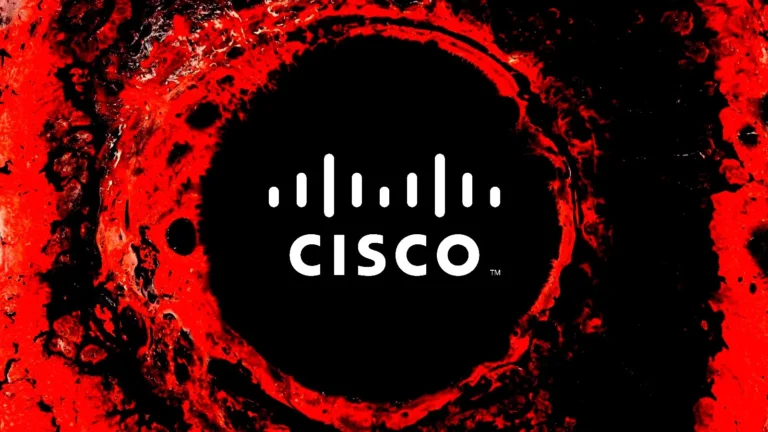In a move that sent shockwaves through the cybersecurity landscape, Google announced on June 27 that it will no longer trust digital certificates issued by Entrust and AffirmTrust, two of the world’s largest certificate authorities (CAs). This decision, set to take effect on November 1, 2024, has far-reaching implications for the millions of websites and organizations that rely on these certificates to secure their online communications.
The Importance of Digital Certificates
Digital certificates are the foundation of trust on the internet. They verify the identity of websites and encrypt the data transmitted between your browser and the website’s servers. When you see the padlock icon in your browser’s address bar, it signifies that the website’s certificate has been validated by a trusted CA, assuring you that your connection is secure.
Entrust’s Fall from Grace
Entrust, a major player in the digital certificate industry, boasts a vast clientele, including prominent financial institutions, corporations, and government agencies. However, their recent track record has raised concerns among security experts and browser vendors.

Mozilla, the organization behind the Firefox browser, initially flagged several issues with Entrust’s certificate issuance practices. These concerns were echoed by Google, which ultimately led to the decision to revoke trust in Entrust certificates.
Google’s Rationale
In its announcement, Google cited a lack of confidence in Entrust’s ability to adhere to industry standards and best practices. The company highlighted several incidents where Entrust failed to meet the “baseline requirements” set forth by the CA/Browser Forum, a consortium that defines the guidelines for certificate issuance and management.
These incidents included the issuance of certificates with weak cryptographic algorithms, insufficient validation of domain ownership, and delays in responding to security incidents. Google emphasized that it is “unwilling to compromise” on the security and privacy of its users, hence the decision to revoke trust in Entrust certificates.
Implications for Website Owners
The impact of Google’s decision will be felt by millions of website owners who rely on Entrust certificates. Starting November 1, 2024, visitors to these websites using the Chrome browser will see a warning message indicating that the site’s connection is not secure. This could lead to a loss of trust and potentially impact the website’s traffic and revenue.
Website owners using Entrust certificates are strongly advised to switch to a different CA before the November 1 deadline. This process may involve obtaining a new certificate, updating their website’s configuration, and potentially notifying their users of the change.
A Turning Point for Digital Security
Google’s decision to revoke trust in Entrust certificates marks a significant turning point in the digital security landscape. It sends a clear message to CAs that they must adhere to the highest standards of security and compliance to maintain the trust of browser vendors and users alike.
It also underscores the importance of diversity in the CA ecosystem. Relying on a small number of CAs can lead to systemic risks if one of them fails to uphold security standards. By diversifying their CA providers, website owners can mitigate this risk and ensure the continued security of their online presence.
The Road Ahead
The revocation of trust in Entrust certificates is a major development, but it’s not the end of the story. As the digital landscape continues to evolve, so too will the threats and challenges we face. Cybersecurity is an ongoing process that requires constant vigilance, adaptation, and collaboration.
By staying informed, adopting best practices, and demanding accountability from our security providers, we can build a safer and more secure digital future for everyone.





